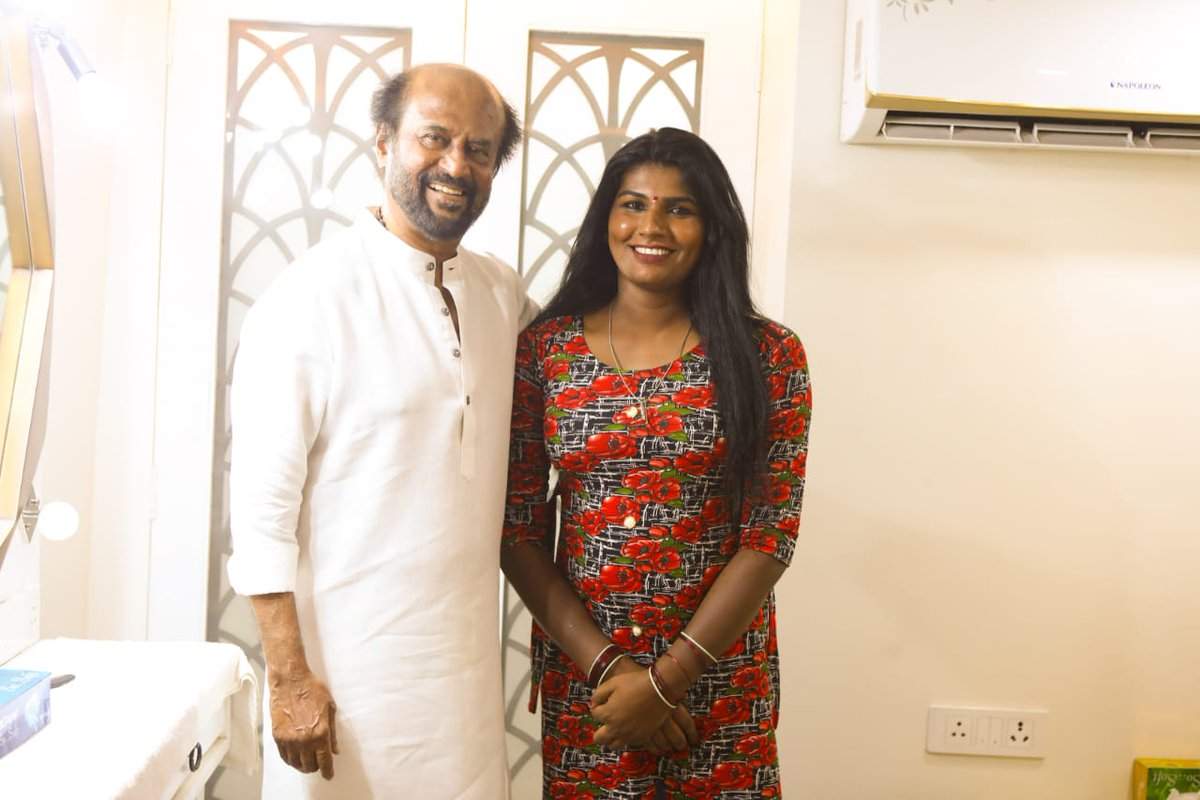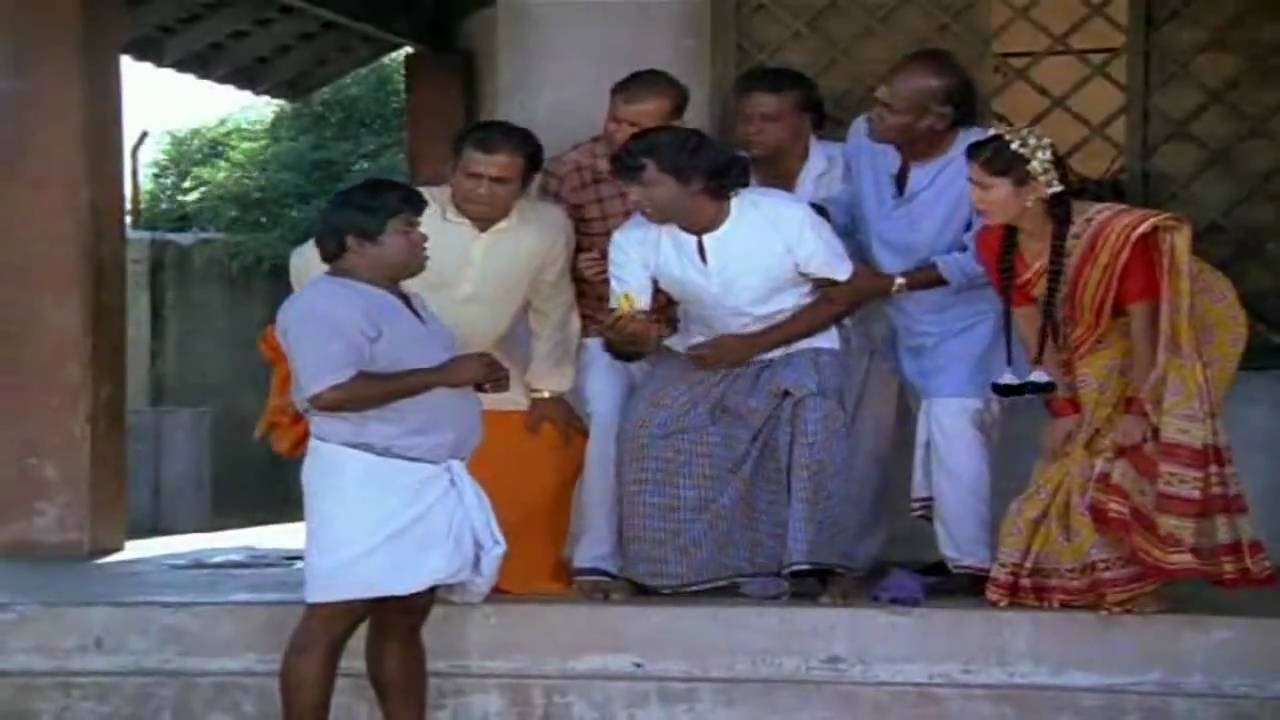Director: Sy Gowtham Raj
Cast: Jyotika, Hareesh Peradi
It would be unfair to treat Raatchasi – a film by debutant director Sy Gowtham Raj as a mere two-hour cinematic exercise to further the brand that is Jyotika-post-hiatus. It is perhaps that to an extent, and disappointingly, not a tale or character similar to that of Magalir Mattum (2017) – one of Jyotika’s better movies since her comeback. But no one can quite fault Sy Gowtham Raj’s intent; in as many minutes, he tries to reform current educational practices, and while at it, also grazes past various societal oppressors, and tears them down, in a glamorous fell swoop as can only be done on screen. Of course, Jyotika here isn’t the much-romanticised teacher of Kaakha Kaakha, all flyaway hair, solely present as part of someone’s fantasy and striving to make sweet harmony. In fact, Jyotika as Geetha Rani, the new headmistress of a government run school in rural Tamil Nadu, is the antithesis to the now sixteen-year-old Gautam Menon version that makes Maya seem like a loving construct of an adolescent.
Not because of the styling, mind, or even the flyaway hair. We love flyaway hair. But Geetha Rani certainly doesn’t have a boyfriend to make moon eyes at for one – a boyfriend whom Maya’s identity in Kaakha Kaakha eventually wrapped itself around, and who gunned down thugs for her. Here, Jyotika does the gunning down herself – after making eyes at them.
Not of the romantic kind, obviously.
For such small but obviously sweet joys, the director can be thanked. Geetha Rani is on her own in Raatchasi, trying to restore a school that has fallen out of order, schooling the adults as much as the kids. She looks the part too, and subscribes to the strict dress code that women-who-are-authority-figures generally adhere to – starched cotton saris that are now a bore to look at only because we’ve seen them one too many times on screen. Nayanthara in Aramm, Tamannaah in Kanne Kalaimane, and Jyotika herself in past roles. Pair that with a high-necked blouse and a bloody collar to boot and you have a uniform that is dreary and just terrible.
The conscious choice of clothing to present a woman hero is perhaps not surprising after all, considering the way TMC MPs Mimi Chakraborty and Nusrat Jahan were trolled for wearing ‘western outfits’ to the parliament. Neither wore staid clothing – that has come to be representative of women politicians in India – on the first day they visited the parliament, and waved away the criticism that came their way. Jyotika though, takes no such chances even on screen, and for all the bureaucratic rigour that Raatchasi tries to break away from, it is staunchly traditional in styling its lead character.
As the new headmistress of Puthur’s government-run school, Geetha Rani of Raatchasi – an odd title for a woman protagonist who is repeatedly rebuked for being authoritarian (that the point? We can’t be sure) – sets about revamping it, right from the campus and to the way it functions. Errant teachers and students are the least of her concerns as external threats loom large. Corrupt politicians, rival schools, societal demons. During a particular scene, Geetha Rani attends to the last rites of her father when she’s expressly forbidden to do so; in the next, she kicks aside – quite literally – the religious excesses and elbows her way in. Other moments see her annihilating casteism within the campus, mouthing fiery dialogue that questions donations to religious institutions rather than educational, teaching ‘lessons’ to the school staff and razing down five thugs while clad in a sari.
Recommended
It makes for the kind of populist cinema that’s usually reverse-engineered. One that relies heavily on instant gratification, the victorious ending often written first. But then, it is not often that an actress oozes raw power on screen, tackling burly goons one after another, and still emerges all put-together, not a sari pleat out of place. It may not appeal to the rational senses, of course (the higher authority that the film invokes for grievance redressal is the central government), but given a choice between the millions of films headlined by heroes often made to look larger than life – and reality – on screen, and one like Raatchasi that’s earnest in its effort to address a few things of choice and make a point (and cinema) while at it, there’s no contest, really.
*****
The Raatchasi review is a Silverscreen original article. It was not paid for or commissioned by anyone associated with the film. Silverscreen.in and its writers do not have any commercial relationship with movies that are reviewed on the site.



